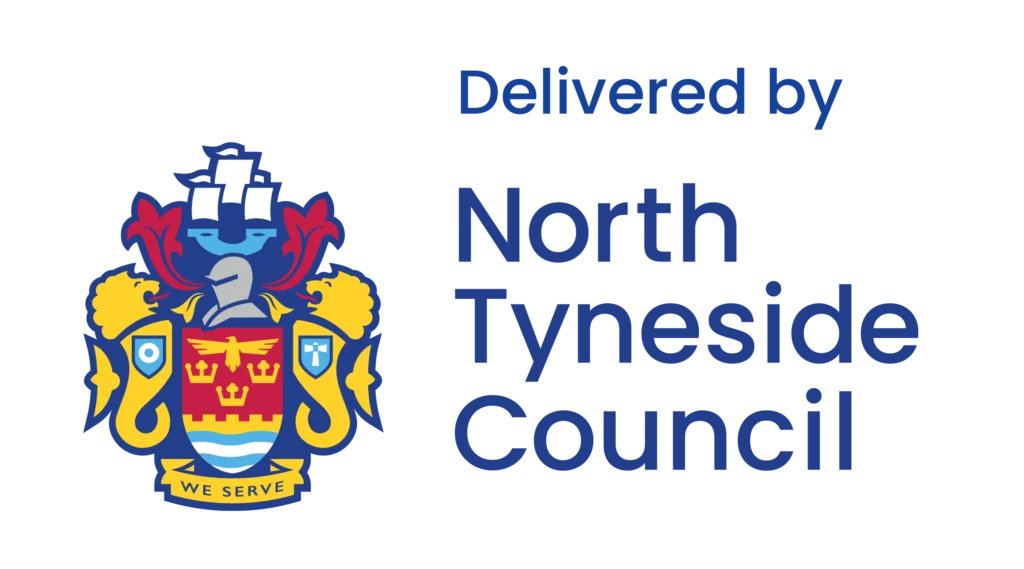Counsellor
Counsellors help people discuss their problems and feelings in a confidential setting.
Counsellors can work in a care organisation, health service, community centre, youth service or have your own counselling business.
Day-to-day activities
Key responsibilities:
- Giving people the opportunity to talk through their feelings.
- Listening to people and asking questions to encourage them to reflect on their experiences.
- Encouraging people to cope with their challenges and make positive changes in their lives.
- Build trust with a client in person, online or over the phone.
- Help your client to talk about their feelings, see things clearer and find ways to cope.
- Empathise but challenge when necessary.

Requirements for the role
Skills
What you’ll need:
- Excellent listening skills.
- The ability to put people at ease.
- The ability to cope in emotional situations.
- Counselling skills including active listening and a non-judgemental approach.
- The ability to accept criticism and work well under pressure.
- Patience and the ability to remain calm in stressful situations.
- To be able to use a computer and the main software packages competently.
- An enhanced DBS (Disclosure and Barring Service) check would be required.
Qualifications
You may also need:
- A university course.
- A college course.
- Training with a counselling organisation.
- You don’t need to have a degree to become a counsellor as there are qualifications in counselling at different levels. The British Association for Counselling and Psychotherapy (BACP) recommend a three stage training route.
- Introduction to counselling: basic counselling skills course usually lasting 12 weeks and is available at further education colleges.
- Certificate in counselling: provides theoretical understanding of counselling at a higher level usually lasting a year part time and available at further education colleges.
- Diploma level qualifications in counselling: usually one to two years part time with a minimum 100 hours’ work placement. There are lots of different courses and qualifications and you can find a list of BACP accredited courses here.
- A degree in a related subject such as nursing, psychology, social work or education might also be useful.
Training & Progression
You can also benefit from:
- If you’re a new counsellor, It’s important to get peer support to develop your skills. It’s unusual to go straight into working for yourself.
- Specialise in an area like bereavement support, relationships or addiction.
- Set up your own practice and work for yourself.
- Become a counsellor supervisor or trainer.
- Move into management or consultancy.
You may need some previous experience of working in social care, health or counselling role. You could gain this experience through a work placement, from your personal life, through volunteering or as part of an apprenticeship.
View our career pathways tool to help guide you with your future in social care.
Browse our learning opportunities page to help get the support you are looking for.

